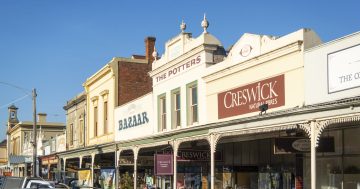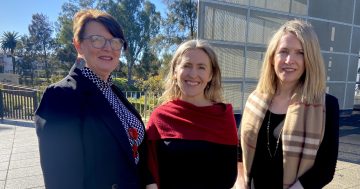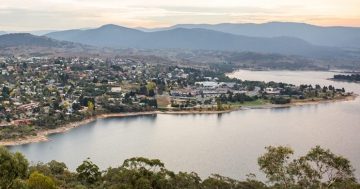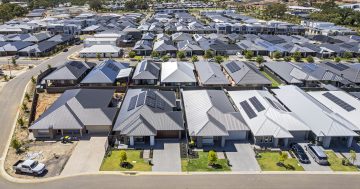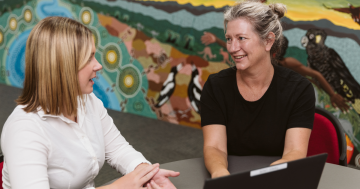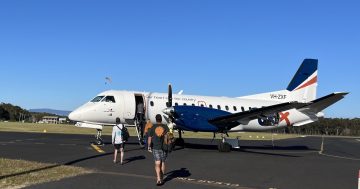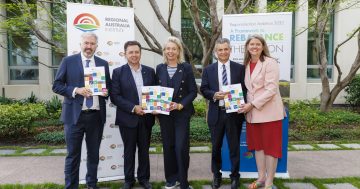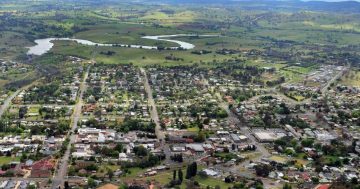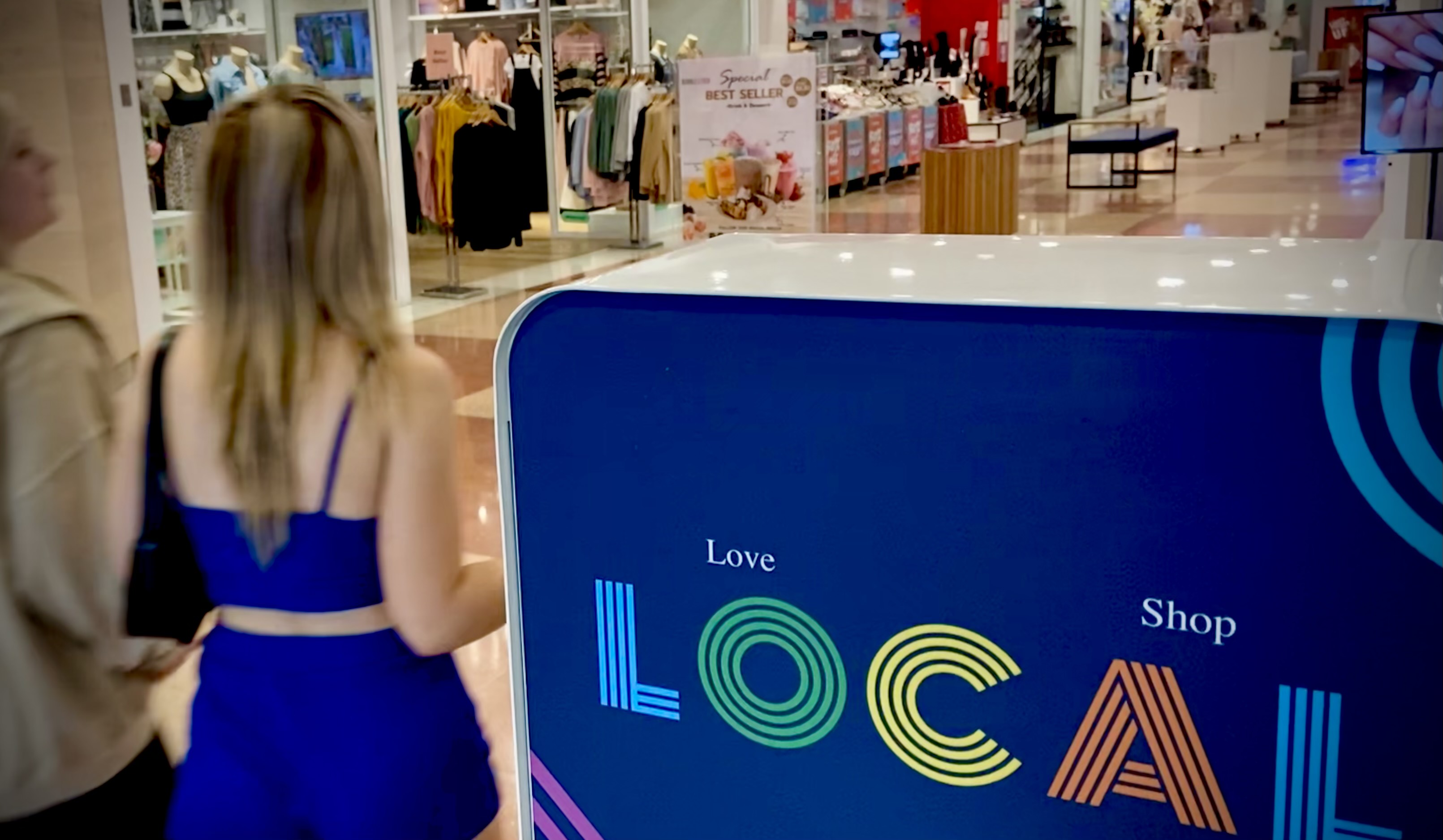
Wagga Wagga’s local business is set to benefit from future growth. Photo: Chris Roe.
Wagga’s projected business boom remains a hot topic over the barbecue and in the boardroom – but are we prepared for the upcoming wave of opportunities?
This is one of the critical questions to be addressed at this Thursday’s Wagga Wagga Business Summit 2022, hosted by the Committee4Wagga.
Rather than another well-intentioned talkfest, the interactive format will provide a chance for locals, business leaders and all three levels of government to come together to ask questions, share perspectives and look for practical solutions, according to committee chair Adam Drummond.
“What does it mean for the average punter on the street, the business owner, the trades and services?” he asks.
“If we’ve got 6000 jobs coming in, just in the northern industrial suburbs of Wagga, are we going to have enough housing to allow that kind of migration over the next 20 or 30 years?”
Business development, energy, economic growth, the tight housing market and the current skills shortage will all be on the agenda as panellists and guests engage in three sessions across the day.
Mr Drummond says they aim to discuss the grass-roots implications of large-scale infrastructure projects like the Special Activation Precinct (SAP) and the Riverina Intermodal Freight and Logistics Hub (RiFL) projects at Bomen.
The RiFL Will be completed this August with the sale of subdivided lots expected to begin in the coming months.
It’s hoped that the SAP will create as many as 6000 new jobs in industries like renewables and recycling, advanced manufacturing, agribusiness and freight and logistics.
It is also estimated that Wagga’s population could grow from 70,000 to 100,000 over the next 20 years.
“We want to get the conversation started around all of this investment in Wagga and the Riverina and New South Wales in general,” Mr Drummond says.
“We need to know how is it going to impact us on a liveability side.”
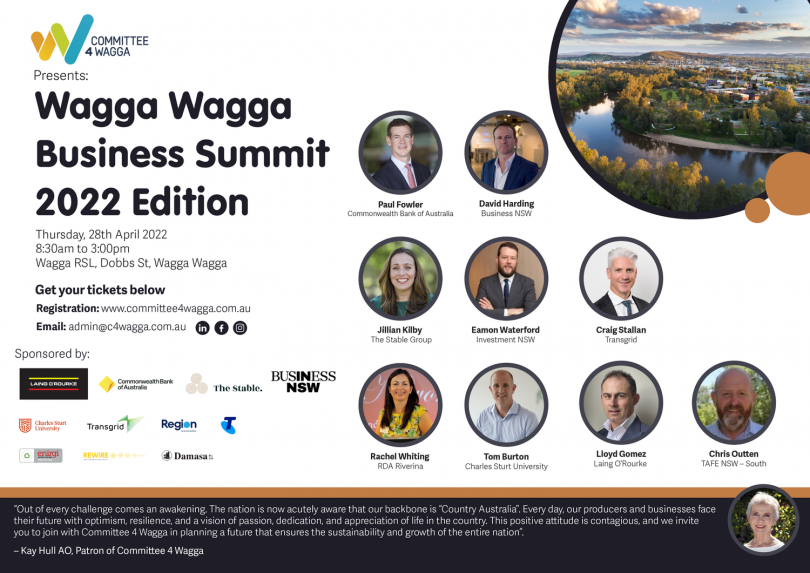
Committee4Wagga will host the Wagga Wagga Business Summit 2022
Anthony McFarlane from Business NSW will chair the summit along with broadcaster and journalist Genevieve Jacobs.
Mr McFarlane says a recent survey by Business NSW points to the lack of skilled workers as the most significant issue holding the region back.
“The overwhelming feedback from our business members is that skills shortages, inability to find appropriately qualified professionals trained for certain roles, is preventing them from accelerating their growth,” he says.
“The Riverina continues to trend above the state average in terms of business conditions and confidence, but skill shortages are preventing us from doing better.”
He says migration is one solution, but training for the future is the key.
“We should certainly be looking at increasing the skilled migration allocations in the short term, but there’s a greater need to better match the university and industry needs so that businesses have the right graduates and the right skills coming out of our training providers and universities,” he says.
Jillian Kilby from The Stable regional development group will be part of the discussions on infrastructure and agrees that we should be looking closely at regional needs and planning for the long term.
“Infrastructure is science, not art and not politics. But we continue to allow the political games to influence where money is spent,”she says.
“We’ve never looked across the 20 years of upcoming funding and allocated that according to priority.”
she says planning priority is often given to metro mega-projects and that a broader perspective that includes smaller regional projects is needed.
“If we step back and look at what matters to the economy, what matters to liveability, what matters to my ageing parents and what matters to my eight-month-old daughter, we might spend money very differently.”
Ms Kilby points to the lack of early learning infrastructure in the regions as an example.
“When there’s one childcare spot for every 1.7 Children in Hornsby (Sydney) and one childcare spot for every eight kids in Bourke, you should know what infrastructure we need to deliver first,” she says.
“How do we allow such inequity between regional and urban services?”
Adam Drummond hopes that the summit will be another step toward positive change.
“We’ve got to be able to grow our infrastructure at the same pace that we’re growing the population and we’ve got a lot of people coming to talk at these panel discussions who are going to be able to give on-the-ground information,” he says.
The Wagga Wagga Business Summit will be held at the RSL this Thursday 28 April.
Tickets can be purchased on eventbrite.






